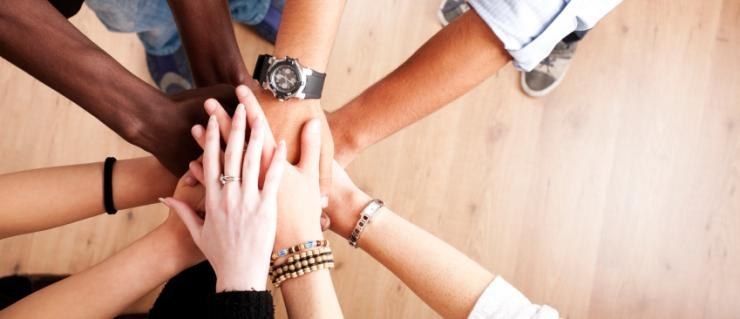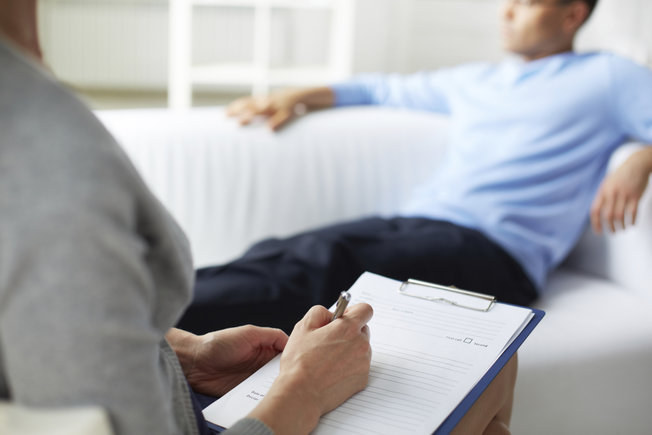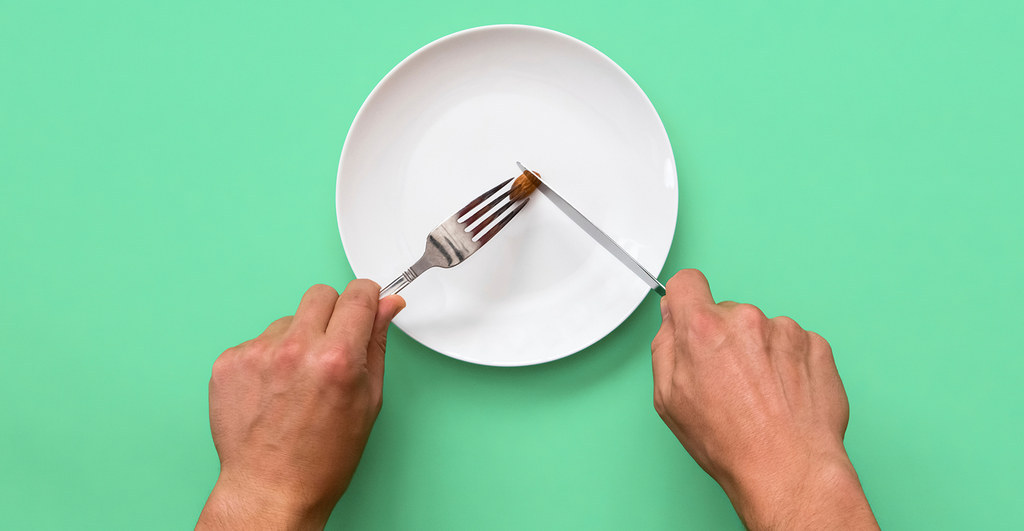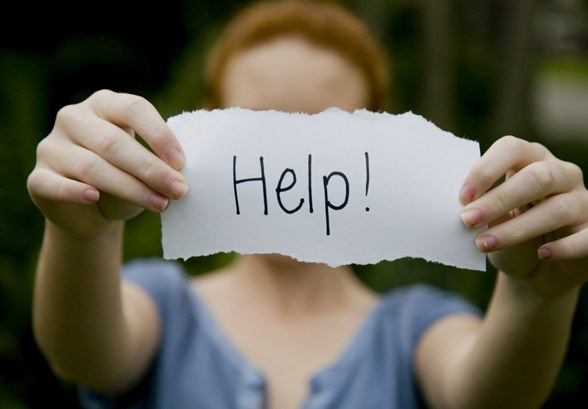In May 2015, I was admitted to a treatment program for anorexia. Though taking this first step in recovery was challenging, treatment saved my life and taught me more than I could have anticipated.

There is no such thing as "sick enough."
No matter how thin I was, how many times I passed out, or how many people expressed concern for my wellbeing, I was never going to reach the point of feeling worthy of professional help. And from my experience, hardly anyone reaches that point. The majority of the patients I met in the eating disorder program had been coaxed into treatment by friends and family. They didn't feel sick enough, either. We could see how badly everyone else in the program needed to be in treatment, but no one could say the same about themselves.
Food is not the enemy.
At first, food may seem to be the root of all evil to a person with an eating disorder. It's not. As difficult as it was to follow a meal plan from my dietitian, knowing the goal was for me to gain weight, I ultimately realized that food wasn't the enemy; It was my eating disorder.
Eating disorders don't discriminate.
Not everyone in treatment was a female or dramatically underweight, despite what you may see in movies. Some were at healthy weights, others overweight. There were middle school boys and adult men. Neither gender nor weight made a difference in the severity of a patient's condition. Yes, eating disorders can take drastic tolls on the body, causing a person to lose or gain significant amounts of weight, but the worst part of having an eating disorder is what goes on inside a person's mind. Depressed, anxious, illogical, and obsessive thoughts can plague anyone, regardless of weight or gender.

An eating disorder is not always about weight.
It's striving for unattainable perfection. It's avoiding painful emotions and memories. It's insecurity. It's depression. It's anxiety. It's loneliness. It's a dangerous coping mechanism. It's an addiction, and it's all the person ever thinks about.
Therapy truly helps.
I was very apprehensive towards the idea of seeing a therapist. I felt uncomfortable talking about my emotions to a person I had just met. But opening up about my anxieties and worries to an objective listener helped me work through a lot of emotions that I had been suppressing via my eating disorder. Therapy helped me realize what I wanted for myself in life, and that did not include dying from anorexia.

Having an eating disorder doesn't mean a person is crazy.
The men and women I met in treatment were no different than people I knew from work and school. Being in a mental health facility, I was surprised to find that everyone around me was so normal, aside from their eating disorders. They had friends, partners, jobs, kids, educations, weekend plans, and so much more.
Diets aren't for everyone.
Some people can attempt to follow a diet without a problem, but for others, dieting can just as easily take over their lives. Dieting and certain personality traits, such as perfectionism, can lead to a dangerous combination. Even though the news is telling you to cut out gluten or count your macros, that doesn't mean this advice should be followed by everyone.

I could not have recovered on my own.
Before entering treatment, I stubbornly believed I was capable of beating my eating disorder on my own. However, I now realize that I never would have committed to recovery without the help of the therapists, dietitians, and friends I met in treatment. While some people can successfully recover on their own from an eating disorder, I am willing to admit that I am not one of them. And that's nothing to be ashamed of.
If you're struggling with an eating disorder, please seek help.


